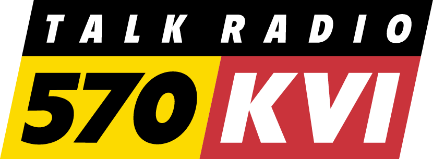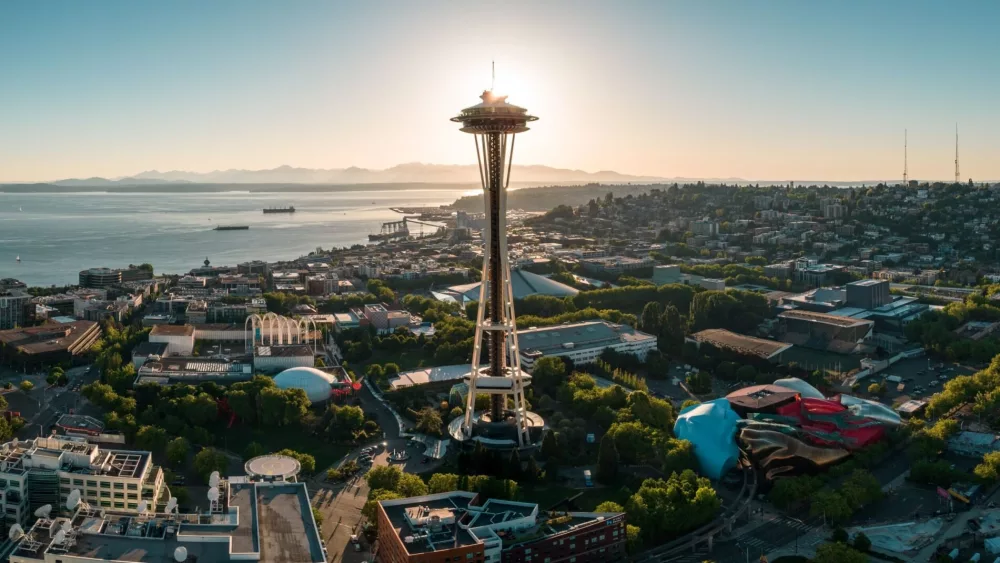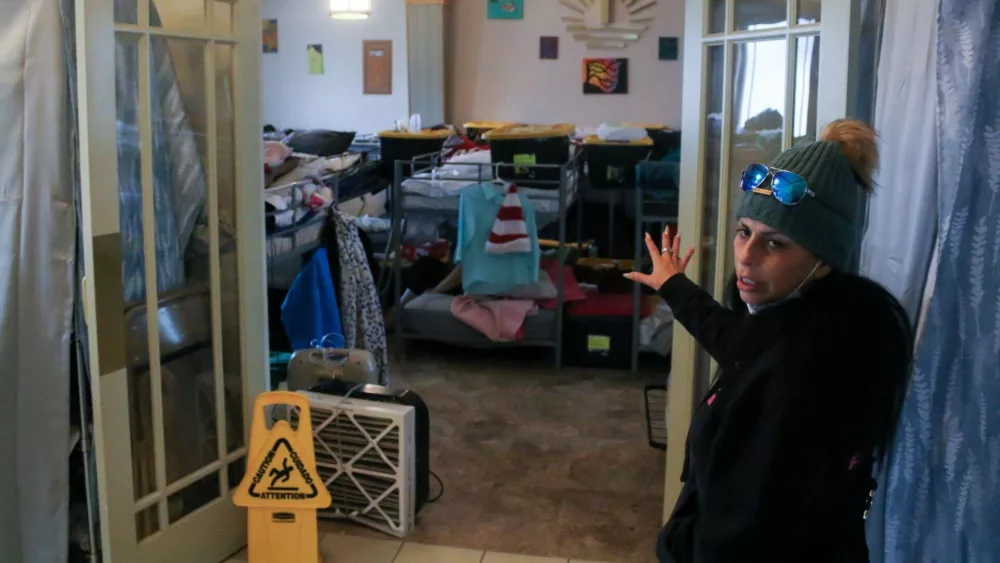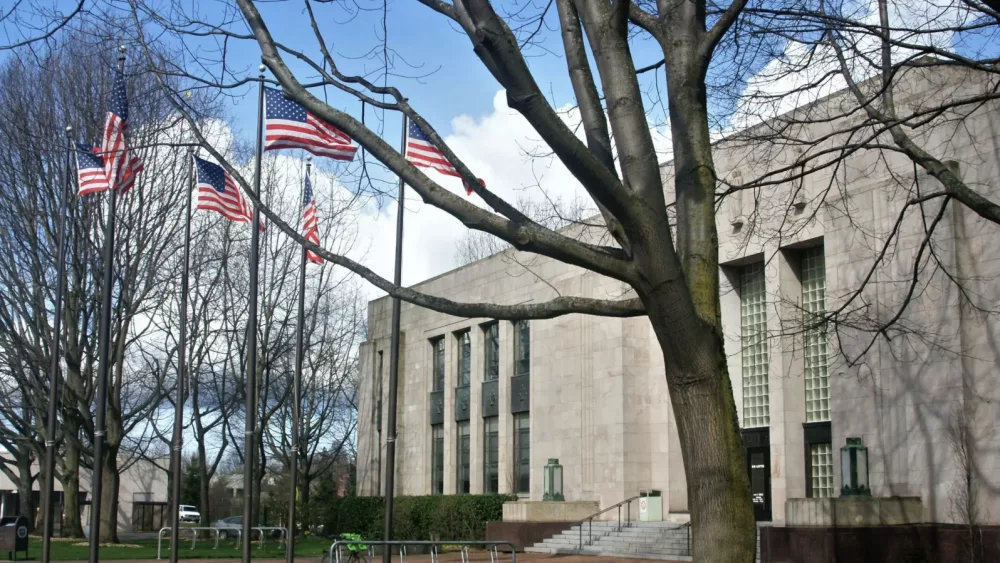(The Center Square) – An advocacy group is pushing a new ballot measure that would levy a 5% compensation payroll tax on Seattle employers with workers who make more than $1 million a year, including stocks and bonuses.
Initiative 136 from House Our Neighbors intends to create a dedicated revenue stream for social housing in Seattle. Social housing is publicly-owned housing that is funded through tax revenue. Seattle is the first in the nation to explore the social housing strategy.
The advocacy group estimates that the social housing payroll tax would generate $52 million annually and could fund 2,000 units of social housing in the city over 10 years.
Funds generated from the proposed tax would be used to construct and acquire buildings for social housing, as well as to fund operations and maintenance of social housing buildings, and help boost staffing the city’s Social Housing Developer, the voter-approved public development authority for affordable housing.
Seattle already has a payroll tax. The city’s JumpStart Payroll Tax requires businesses with at least $7 million in annual payroll to pay a current rate between 0.8% and 2.6% on salaries and wages paid to Seattle employees who make at least $150,000 per year. Those funds go to educational support services in the city.
Sean Flynn, executive director at the Rental Housing Association of Washington, is skeptical that another tax on employment is a good strategy to boost housing in the city.
“Taxing employment is generally not the best idea because it incentivizes employers to employ people outside of the city,” he told The Center Square in a phone call. “If this passes, the big winner here is Bellevue.”
House Our Neighbors stated on its campaign website that no level of government has a plan to address the need for affordable housing.
“While this may be a concerning admission to some, we see this as an opportunity,” the advocacy group stated. “Once we acknowledge that we cannot meet our affordability needs at scale, we can look outside (and inside) our borders to how other countries are housing their citizens.”
Social housing would be available to people from the lowest incomes up to moderate-to-high income households. Rents are designed to match the specific income levels of all tenants, according to the advocacy group.
Flynn does not believe government-owned housing in the city works, adding that he’s worried that the worst-case scenario for Seattle would be similar to a Cabrini-Greens situation. Flynn is referring to the 20th century public housing project in Chicago in which the city began withdrawing services to the area, causing crime to increase and poor housing conditions to arise.
Seattle voters previously approved a citizen-initiated measure in February 2023 to create the Seattle Social Housing Developer, made up of 13 members. The public development authority will work to develop, acquire, and maintain public, affordable housing in Seattle. However, the passed ballot measure did not include a funding mechanism.
The agency has already received $200,000 from Seattle and Washington state to help cover some of the start-up costs.
Initiative 136 will need to collect at least 26,521 signatures from registered Seattleites in order to be placed on the 2024 general election ballot this November.
The Center Square reached out to House Our Neighbors to inquire on who exactly is qualified to live in these social housing units, what would rent rates look like at these units, and how long would people be allowed to live in these units, among other questions. The advocacy group had not responded at the time of publication.





